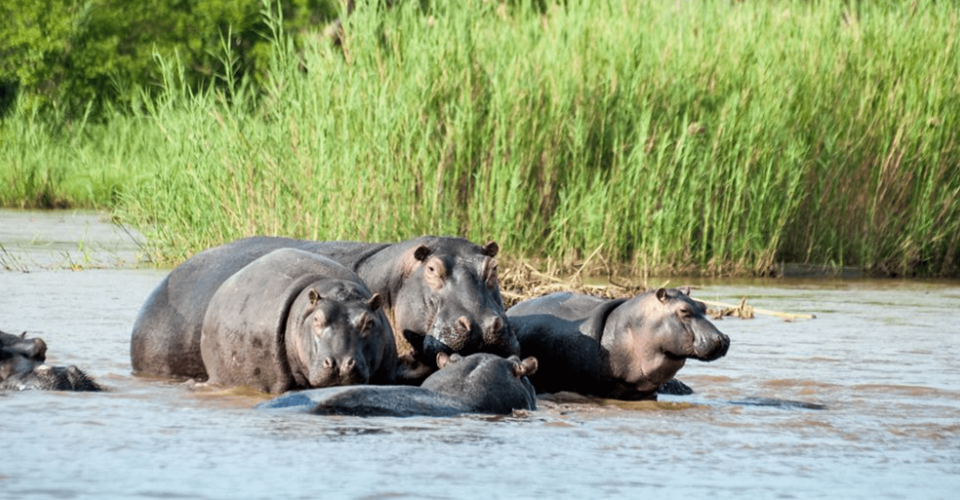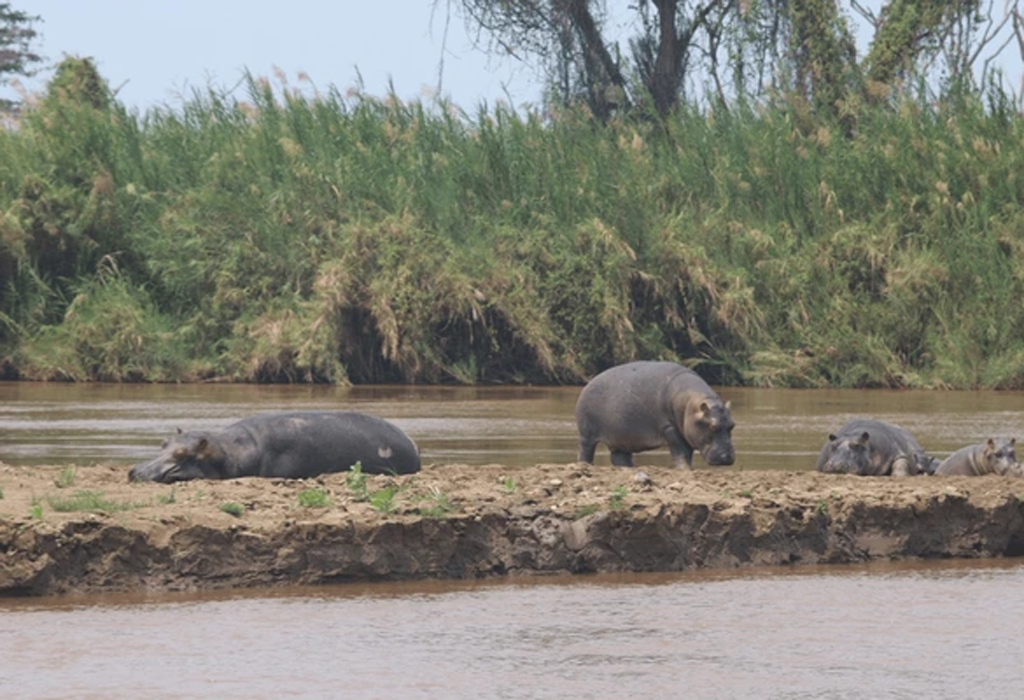Rusizi National Park
Rusizi National Park, situated in western Rwanda, is a stunning natural treasure that provides a variety of animal safari experiences. This essay will examine the varied wildlife safari experiences at Rusizi National Park, investigate the effects of tourism on the local economy and conservation initiatives, emphasize key figures in wildlife conservation, and analyze the differing viewpoints regarding wildlife safaris in this context. Ultimately, prospective future advancements will be examined, highlighting the importance of ethical tourist practices.
Wildlife safaris in Rusizi National Park highlight the park’s abundant biodiversity. The park hosts a variety of animal species, including hippopotamuses, crocodiles, and more than 200 avian species. The primary feature is the boat safari on Lake Rusizi, enabling tourists to witness these species in their native surroundings. Tourists can observe hippos sunbathing or swimming elegantly in the water. Ornithologists will value the chance to observe diverse endemic species, like the papyrus gonolek and the Great Blue Turaco. Moreover, guided walking safaris facilitate an intimate engagement with nature, enabling guests to acquire knowledge about various plant species, ecosystems, and animal behavior. These immersive experiences allow consumers to appreciate natural beauty while also fostering knowledge of wildlife protection.
The significance of tourism in Rusizi National Park is paramount. The income derived from wildlife safaris is essential for financing conservation efforts. This revenue funds park maintenance, anti-poaching initiatives, and community outreach projects. Additionally, local communities see economic advantages through the generation of employment in guiding, hospitality, and associated services. Such employment options empower residents, enhance their lives, and cultivate a sense of environmental responsibility.

Prominent individuals and organizations have significantly contributed to animal conservation efforts in Rwanda, especially in Rusizi National Park. Prominent individuals encompass Dr. John M. Houghton, recognized for his studies on sustainable tourism and conservation strategies in Africa. His promotion of ethical tourism has motivated both local and international players to emphasize environmental conservation while improving community advantages. Non-governmental organizations, such the African Wildlife Foundation, have collaborated with local people and governments to enhance conservation initiatives. Their efforts frequently emphasize community engagement, education on wildlife conservation, and the active involvement of communities in tourism.
Although wildlife safaris typically have beneficial effects, it is essential to acknowledge varying viewpoints regarding this practice. Some contend that heightened tourism in protected regions may result in environmental deterioration. Overcrowding may disrupt animal habitats, and the infrastructure necessary for tourism could intrude onto vital ecosystems. In contrast, advocates of eco-tourism emphasize that responsibly managed wildlife safaris can significantly contribute to biodiversity conservation. They underscore the significance of instructing travelers to honor wildlife and uphold ecological behaviors. Furthermore, ethical tourism may empower local communities and safeguard endangered animals by providing cash incentives from safari activities.
In recent years, animal safari experiences at Rusizi National Park have evolved, emphasizing sustainability and conservation education. The Rwanda Development Board has advanced in fostering sustainable tourism. A significant project is the implementation of community-based tourism initiatives that allow visitors to participate in local cultural experiences while aiding conservation efforts. These activities frequently encompass guided tours conducted by local inhabitants, gastronomic experiences highlighting native Rwandan cuisine, and the exhibition of indigenous crafts. Integrating cultural appreciation with wildlife safaris enables tourists to attain a profound comprehension of the relationship between humanity and nature.

Future projects may influence wildlife safari activities in Rusizi National Park. Technological innovations can improve tourist experiences and foster superior conservation methods. The proliferation of mobile applications for wildlife tracking and identification enhances participation and educational prospects during safaris. Moreover, developments in drone technology may enhance wildlife monitoring, supporting conservation initiatives by tracking animal movements and safeguarding them from poachers.
Moreover, when worldwide consciousness regarding climate change escalates, wildlife tourism can evolve into a catalyst for extensive environmental initiatives. Advocating for carbon-neutral safaris and urging guests to engage in conservation initiatives, such as afforestation or animal monitoring, can cultivate a more sustainable tourism model in the area.
Wildlife safari activities in Rusizi National Park offer a diverse array of experiences that enhance awareness for Rwanda’s natural richness while also bolstering conservation efforts and local economy. Prominent individuals and organizations significantly influence this sector, advocating for a balanced viewpoint on the advantages and challenges of wildlife tourism. Through the implementation of sustainable practices and the active involvement of local communities, Rusizi National Park can persist as a paradigm of responsible tourism. The future of wildlife safaris presents significant potential, propelled by technologies that emphasize ecological integrity and enhance visitor experiences. This synergy guarantees the preservation of Rwanda’s distinctive biodiversity for future generations.
